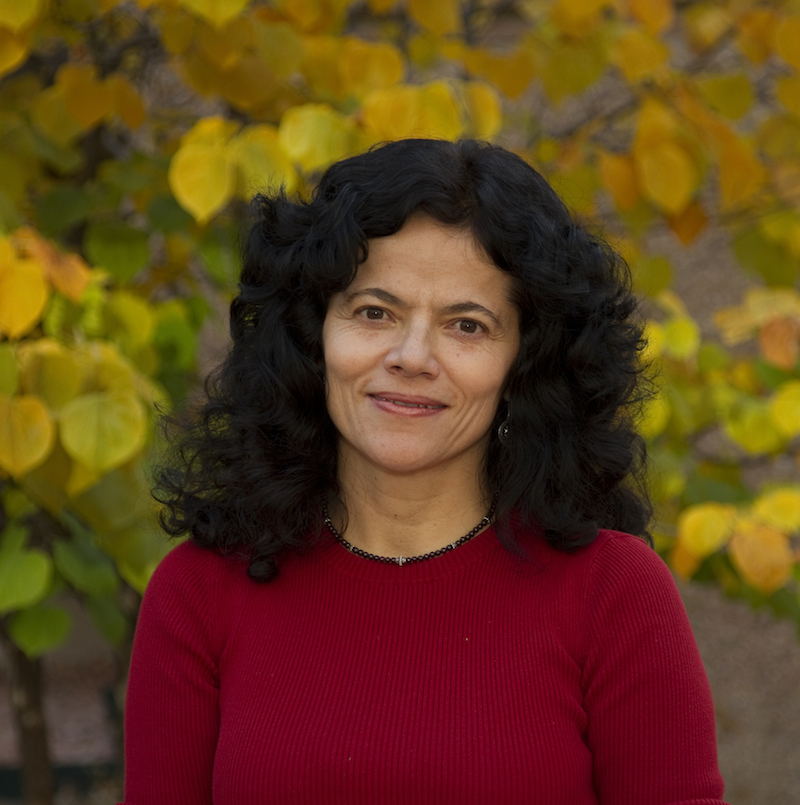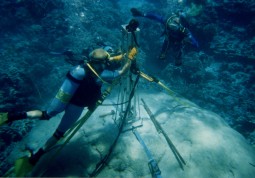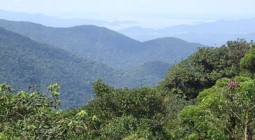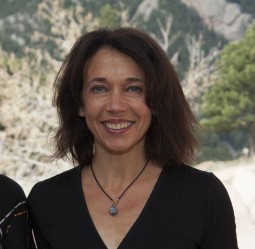Climate Change and Cities (starts at 5:05) Sea level rise, severe storms, heat waves – these are just a few of the challenges cities might be facing as the climate changes in the next few decades. So how should they adapt to cope with such events? And with urban developments being one of the largest contributors to greenhouse gas emissions, what can they do to mitigate their impact?
 These are questions that the Urban Climate Change Research Network has set out to address in its Second Assessment Report on Climate Change and Cities. The report gives the expected climate projections for 100 cities along with guidance on increasing resilience and reducing impact. The Network released its summary for city leaders at the Paris talks only three weeks ago, and Boulder’s Paty Romero Lankao was there to promote the report — she was a co-editor of the report and coordinating lead author of the chapter on governance. Dr. Lankao is a research scientist at the National Center for Atmospheric Research who investigates the interactions between urban development and global environmental change, and in our show she talks with us about the outlook for cities and the report.
These are questions that the Urban Climate Change Research Network has set out to address in its Second Assessment Report on Climate Change and Cities. The report gives the expected climate projections for 100 cities along with guidance on increasing resilience and reducing impact. The Network released its summary for city leaders at the Paris talks only three weeks ago, and Boulder’s Paty Romero Lankao was there to promote the report — she was a co-editor of the report and coordinating lead author of the chapter on governance. Dr. Lankao is a research scientist at the National Center for Atmospheric Research who investigates the interactions between urban development and global environmental change, and in our show she talks with us about the outlook for cities and the report.
Hosts: Jane Palmer, Joel Parker
Producer and Engineer: Joel Parker
Executive Producer: Beth Bennett
Headline Contributions: Susan Moran, Beth Bennett, Jane Palmer
Click below to listen to the show:
Podcast: Play in new window | Download (Duration: 24:42 — 22.6MB)
Subscribe: RSS









 Feature 1: (start time: 03:45) Our first guest is Boulder beekeeper Tom Theobald. He talks about the current state of the bee crisis and what, if anything, the EPA is doing to address concerns that systemic pesticides like Clothianidan are properly controlled.
Feature 1: (start time: 03:45) Our first guest is Boulder beekeeper Tom Theobald. He talks about the current state of the bee crisis and what, if anything, the EPA is doing to address concerns that systemic pesticides like Clothianidan are properly controlled.